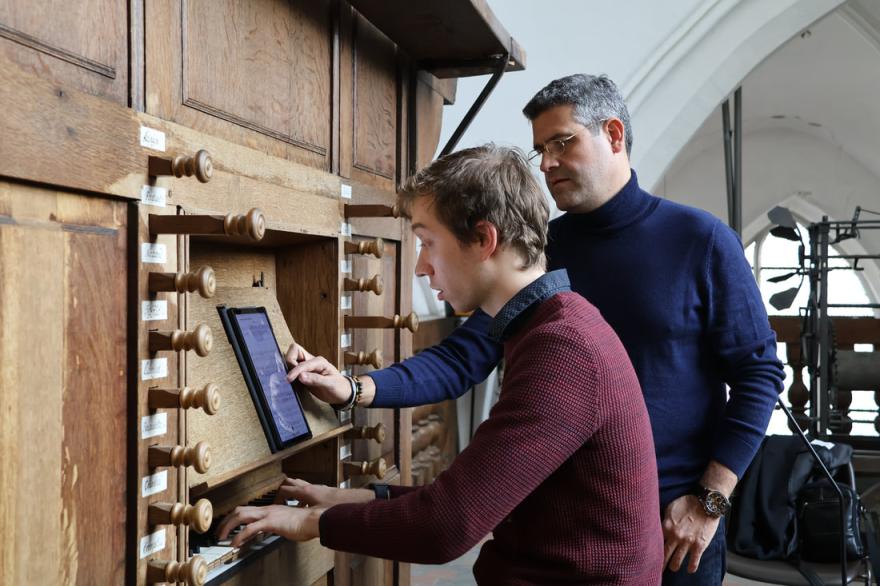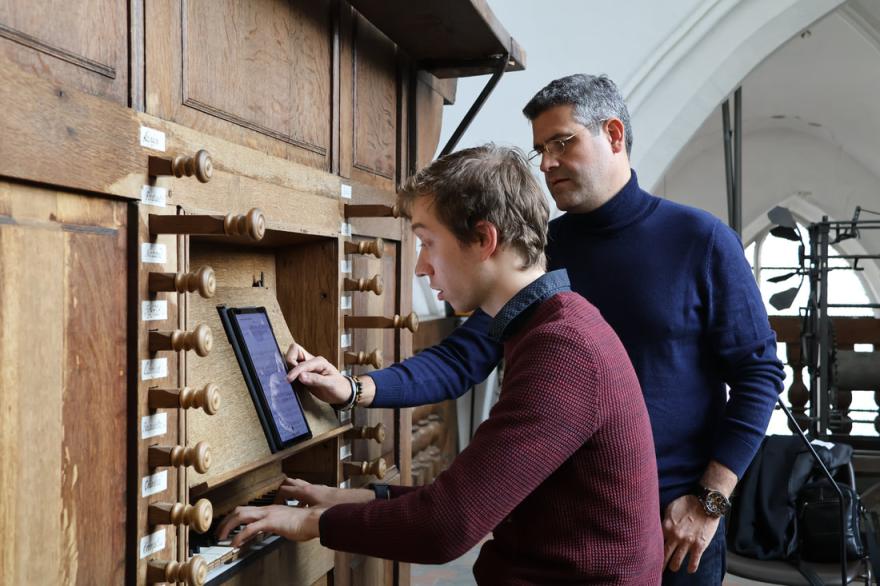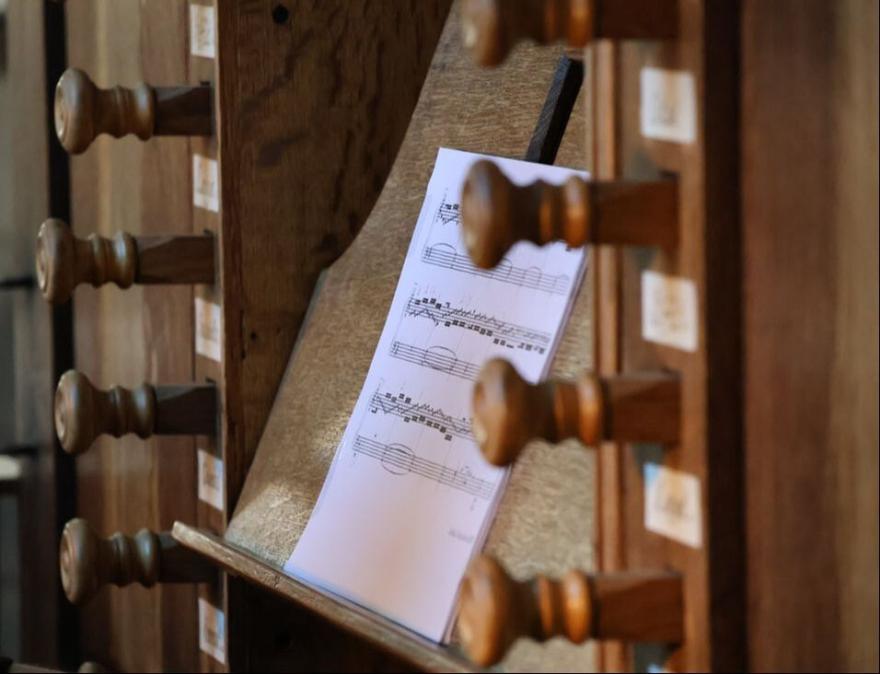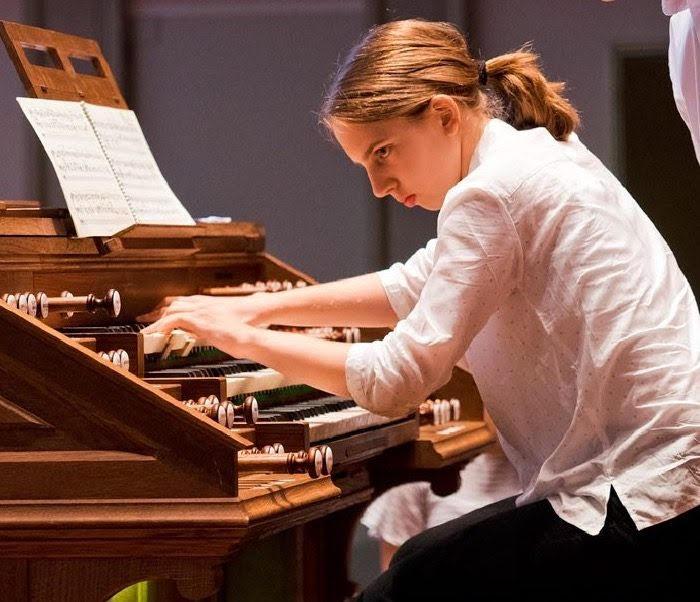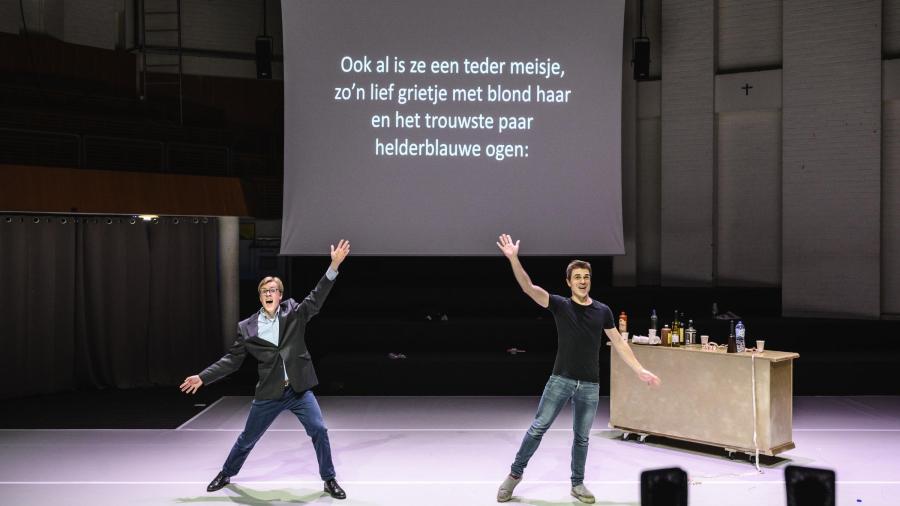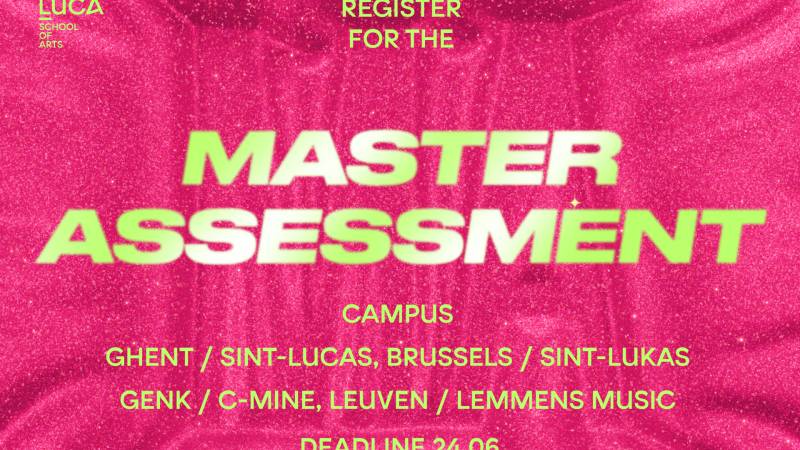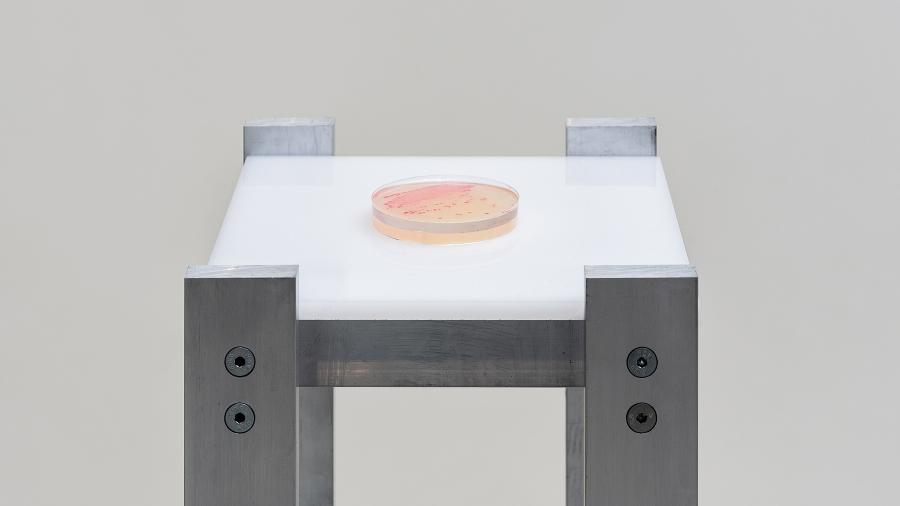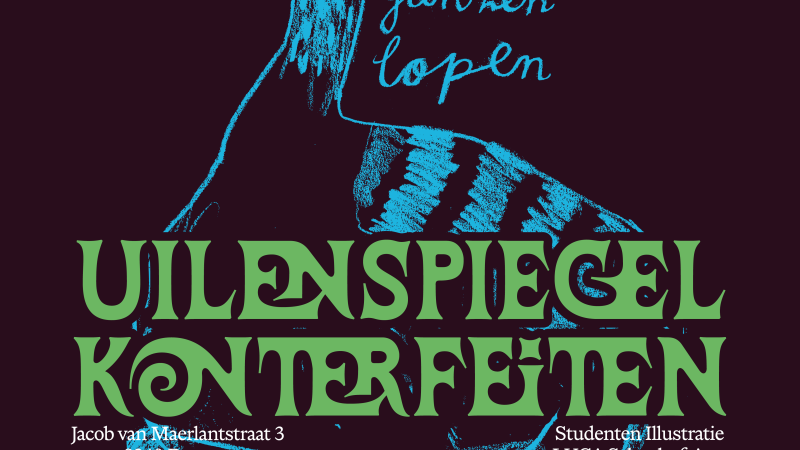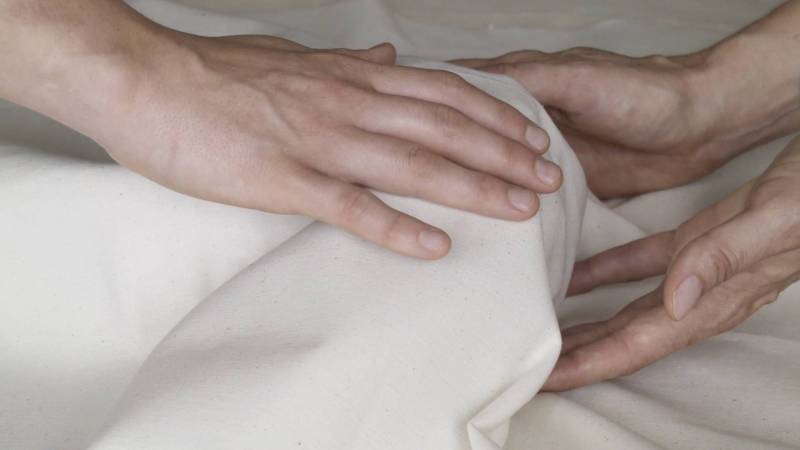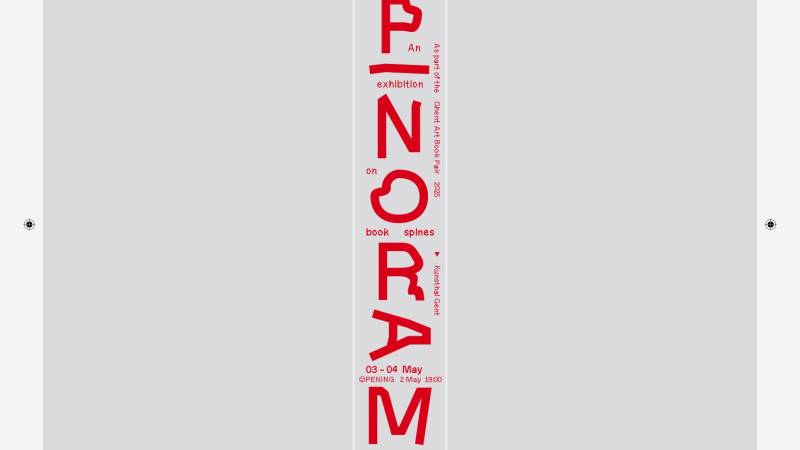We hold three admission tests each year, in March, July, and September. For specific dates, click here. The test includes a solfege exam and an instrumental performance exam (full details can be found here). International candidates have the option to submit a one-take video of their program.
Professors
Our team of professors includes principal musicians from the leading orchestras in Belgium and the Netherlands, as well as esteemed chamber musicians and renowned soloists.
Professors:
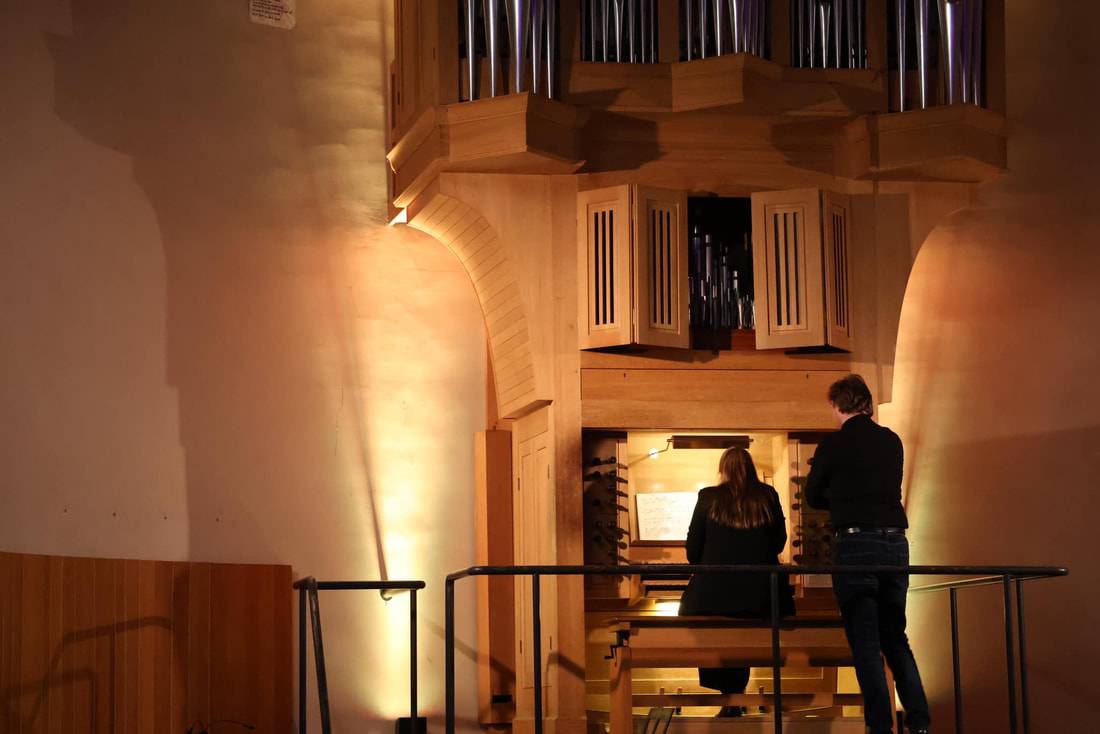
What Does the Programme Look Like?
The first two years of the Bachelor's programme provide a solid foundation in both practical skills and theoretical knowledge. In the third year of the Bachelor's and throughout the Master's programme, the focus shifts to more intensive instrumental training, emphasizing personal musical expression. Alongside individual instrumental lessons, students also take courses in cross-disciplinary subjects that help prepare them for professional life, with a strong emphasis on creativity and collaboration.
| Instrument | 24 credits |
| Basic education (ear training/rhythm/harmony) | 12 credits |
| Theoretical training (Art in Context/Music History) | 12 credits |
| Orchestra/Ensemble | 6 credits |
| Chamber music | 3 credits |
| Sight-reading technique | 3 credits |
| Instrument | 24 credits |
| Basic education (ear training/rhythm/harmony) | 12 credits |
| Theoretical training (Art in Context/Music History) | 9 credits |
| Specific instrumental training | 6 credits |
| Orchestra/Ensemble | 6 credits |
| Chamber music | 3 credits |
| Instrument | 30 credits |
| Theoretical training (Art in Context/Music History) | 9 credits |
| Specific instrumental training | 6 credits |
| Orchestra/Ensemble | 6 credits |
| Chamber music | 3 credits |
| Elective component | 6 credits |
| Instrument | 24 credits |
| Chamber music | 6 credits |
| Ensemble | 6 credits |
| Research | 6 credits |
| Professional Toolkit | 6 credits |
| Elective component (Workshops/Minors/Cross-domain subjects) | 12 credits |
Master 2
| Instrument and artistic research | 30 credits |
| Chamber music | 6 credits |
| Ensemble | 6 credits |
| Professional Toolkit | 6 credits |
| Elective component (Workshops/Minors/Cross-domain subjects) | 18 credits |
For the detailed curriculum and course components, click the link below.
ECTS sheets Bachelor (course components)

